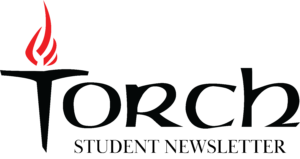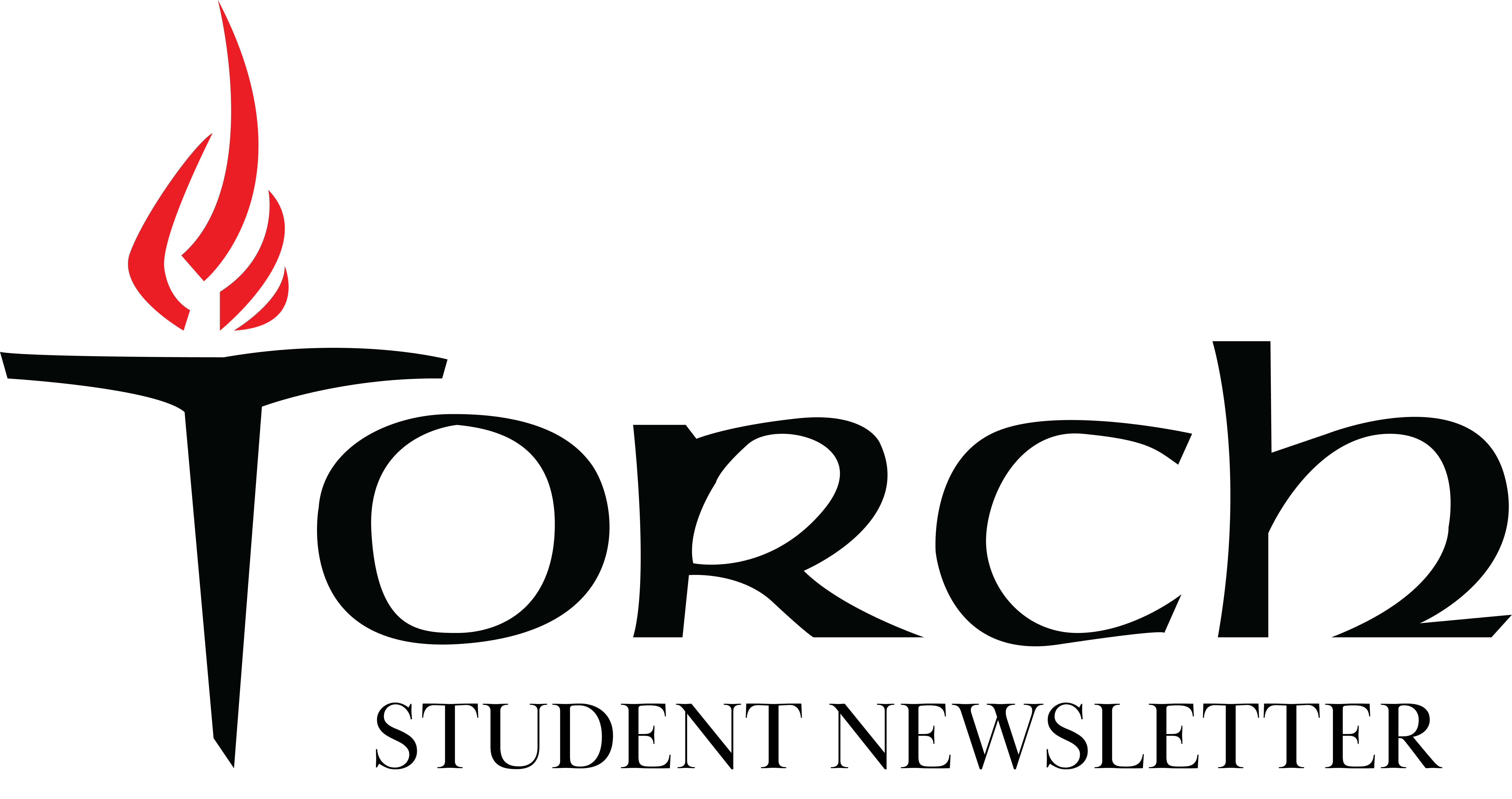Haluka is a student currently studying in Dominican International School. She recently interviewed the Harmony Homes Foundation founder with her classmate for her PSD (Personality and Development) class. She is writing about the situation HIV/AIDS patients and migrant workers in Taiwan are in, with the hope that people will try to understand and help these patients and children in need.
If you want to donate go to this website: https://www.twhhf.org/introduction
In a three-story building in Wenshan district, where one disabled and approximately 100 children who have no Taiwanese citizenship are sheltered, we interviewed Ms. Nicole Yang, the founder of the Harmony Homes Foundation. Yang has spent over 35 years helping people all across Asia, passionately working for those in need, even to the extent that she often eats and sleeps in the shelters,
“Since 2002, I started to work in China, and in the village, most people were infected by HIV/AIDS. They were infected because they were sharing needles and machines that were not clean,” Yang explained. “At that time, China didn’t have any resources in helping these people. So I decided to set up an orphanage for AIDS children and patients”.
Ms.Nicole Yang with one of the children at the Harmony Homes.
In our current society, people are still unable to accept HIV/AIDS as a normal disease. According to the HIV and AIDS organisation—also known as Avert—(Avert) “In 35% of countries with available data, over 50% of people report having discriminatory attitudes towards people living with HIV.” According to the Centers for Disease Control and Prevention, the discrimination against HIVs, is largely caused by misconceptions and images appeared in the 1980s, leading to negative effects on the mental health of people with HIVs.
[In addition to housing those with AIDS/HIV, Harmony Homes is one of the shelters for Indonesian helpers working in Taiwan after they are left without money or a place to stay. Illegal migrants and foreign workers are also very common inside Taiwan. And Harmony Homes is one of the shelters that provide care and food for these migrants. Illegal migrants have not been a temporary issue.
These people, many unable to survive in current day society, unable to meet the law and the standards for a normal life, are kept in the shelters. They have nowhere to go or escape. The laws of Taiwan for domestic laborers are not exactly protecting these migrant workers. According to the Laws & Regulations Database of the Republic of China, Article 3, they are allowed to apply only for agricultural, mining, construction, or warehousing industries which require high working hours and low pay which migrants with children cannot afford to attend.
People might believe that migrant workers are not trustworthy enough to try higher paying jobs , but that is a total misunderstanding. The law also distrust these workers. According to the Workforce Development Agency Ministry of Labor, an employer called Aliang was caught driving drunk without knowing the regulation and was forced to abolish his working contract. He was working in Taiwan for 10 years, and the employer pleaded for another chance for him, however the Workforce Agency says that once foreign workers violate the laws of a country, workers will be abolished and leave the country .
“In the future, I wish people will have no discrimination and stigma against HIV/AIDS patients. I hope they will treat it like a normal disease” Yang says.
HIV stigma, migrant worker mistreatment are some of the many problems that the federal government in Taiwan does not protect. In order to provide for a better environment for these children born of these illegal workers, the new generation, and HIV/AIDS patients, the law should be changed.
INFOR & LINK ABOUT THE ORGANIZATION
Harmony Homes Foundation is a non profit organization.
These sheltered people include: HIV/AIDs patients, migrant / foreign workers, the disabled, MSMs, and recovering IDUs.
LINK: https://www.twhhf.org/introduction










